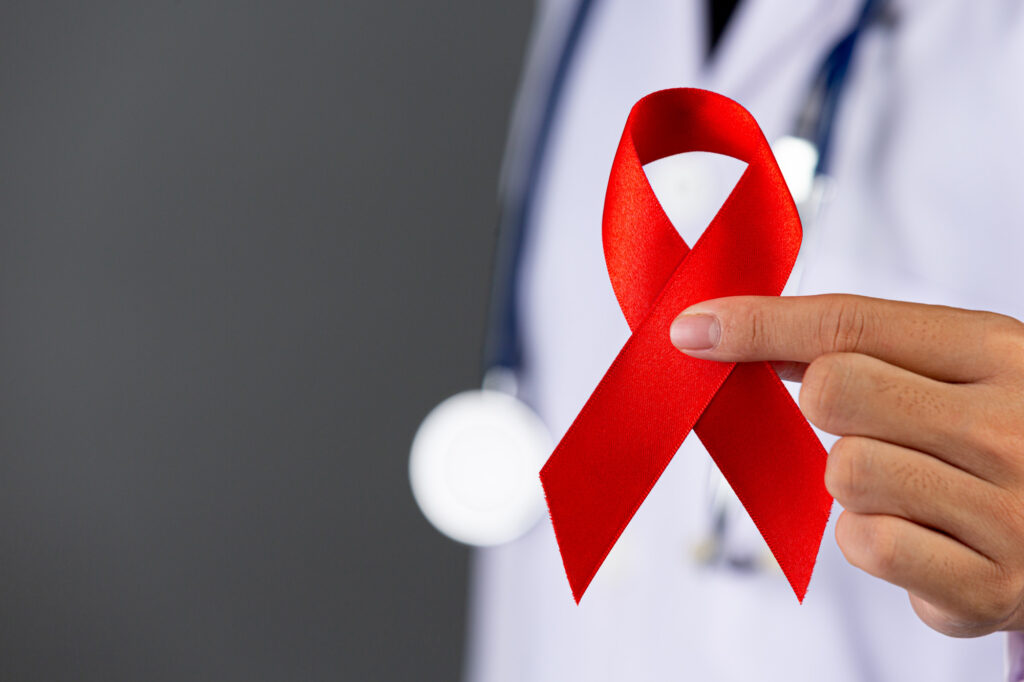Cancer is a complicated disease characterised by the wild growth and outspread spread of
unknown abnormal cells in the body. When these cells invade surrounding tissues or spread to
other parts of the body through the blood or lymph systems, it becomes life-threatening.
It can develop in almost any part of the body, and it affects people of all ages, though risk
increases with age. With over 100 types of cancer identified, it continues to be one of the
leading causes of death worldwide. However, early detection and treatment have drastically
improved outcomes in recent years.
While many symptoms can mimic other conditions, it’s crucial to pay attention to warning signs.
Some symptoms, like fatigue, sudden weight loss, or persistent pain, can appear early but are
often overlooked.
How Does Cancer Develop?
Our body is made up of trillions of cells. Normally, cells grow, divide, and die in a controlled way.
But when the genetic material (DNA) inside a cell becomes damaged or mutated, it may start
growing uncontrollably. These abnormal cells may form a tumor (a mass), although not all
cancers form tumors. For instance, leukemia affects the blood and does not form a solid mass.
Cancer can occur due to various factors like:
● Genetic mutations
● Environmental toxins
Radiation exposure
● Smoking and alcohol consumption
● Unhealthy diet and lifestyle
Viral infections (e.g., HPV, Hepatitis B/C)
Types of Cancer
Cancer is classified based on the organ or tissue where it originates. Below are some of the
most common types:
- Carcinomas – Begin in the skin or tissues lining organs (e.g., lung cancer, breast
cancer, prostate cancer, colorectal cancer). - Sarcomas – Originate in bone, muscle, fat, or connective tissues.
- Leukemia – Cancer of the blood-forming tissues like bone marrow.
- Lymphomas – Cancer of the lymphatic system.
- Multiple Myeloma – Cancer of plasma cells in the bone marrow.
- Brain and spinal cord cancers – Collectively known as central nervous system
cancers.
Symptoms of Cancer
Cancer symptoms vary depending on the type, location, and stage of the disease. However,
there are general warning signs that shouldn’t be ignored:
- Unexplained Weight Loss
∆ Losing weight without trying could be one of the earliest signs of several cancers, especially
stomach, pancreas, esophagus, or lung cancer. - Persistent Fatigue
∆ Feeling exhausted even after adequate rest can signal cancers like leukemia or colon cancer. - Persistent Pain
∆ Long-term pain, especially without a clear cause, might indicate bone cancer or brain tumors. - Changes in Skin
∆ Dark spots, yellowing, redness, excessive hair growth, or non-healing sores might be signs of
skin or internal cancer. - Lumps or Thickening
∆ Unusual swelling or lumps, particularly in breasts, testicles, or lymph nodes, should always be
examined. - Changes in Bowel or Bladder Habits
∆ Constipation, diarrhea, blood in stool or urine, and altered frequency can suggest colon,
bladder, or prostate cancer. - Persistent Cough or Hoarseness
∆ A cough that doesn’t go away or voice changes can point to lung, throat, or thyroid cancer. - Difficulty Swallowing
∆ Pain or difficulty swallowing can indicate esophageal or throat cancer. - Unusual Bleeding or Discharge
∆ Unexpected bleeding between periods, postmenopausal bleeding, or blood during urination or
coughing could be linked to several types of cancers. - Changes in Moles or Warts
∆ Irregular borders, color changes, or growth in moles may signal skin cancer (melanoma).
What Causes Cancer?
Several internal and external factors can contribute to the development of cancer. These
include:
● Genetics (hereditary cancer syndromes)
● Tobacco use (leading cause of lung and oral cancers)
● Excessive alcohol consumption
● Obesity and lack of physical activity
● Poor dietary habits (low fiber, high processed foods)
● Chronic infections (like HPV, H. pylori, Hepatitis B/C)
● Exposure to carcinogens (asbestos, benzene, etc.)
● Radiation (UV rays, X-rays, nuclear exposure)
Cancer Prevention Tips
While not all cancers can be prevented, adopting a healthy lifestyle can significantly lower the
risk:
- Quit smoking and avoid tobacco products.
- Limit alcohol intake.
- Eat a balanced, antioxidant-rich diet.
- Exercise regularly.
- Maintain a healthy weight.
- Get regular screenings and health checkups.
- Practice safe sex and get vaccinated (HPV, Hepatitis B).
- Avoid excessive sun exposure; use sunscreen.
- Minimize exposure to harmful chemicals.
- Manage stress and get proper sleep.
Medical Treatments Available for Cancer

Treatment depends on the type, location and stage of cancer
Here are the most common
options:
- Surgery
Physically removes the cancerous tissue or tumor. - Chemotherapy
Uses drugs to kill or stop the growth of cancer cells. Often has side effects like nausea, fatigue,
and hair loss. - Radiation Therapy
High-energy rays are used to shrink or kill cancer cells. - Immunotherapy
Boosts the body’s immune system to fight cancer. - Targeted Therapy
Drugs that specifically target cancer cell genes or proteins. - Hormone Therapy
Used for hormone-sensitive cancers like breast and prostate cancer. - Stem Cell Transplant (Bone Marrow Transplant)
Common in blood cancers like leukemia and lymphoma. - Palliative Care
Focused on symptom relief and improving quality of life during or after treatment.
Frequently Asked Questions (FAQs)
Q1. Can cancer be cured completely?
Some cancers can be cured if detected early and treated effectively. Others may go into
remission, where signs of cancer disappear for a long time.
Q2. What’s the difference between benign and malignant tumors?
Benign tumors are non-cancerous and don’t spread, while malignant tumors are cancerous and
can invade other tissues.
Q3. Is cancer hereditary?
Some cancers are linked to genetic mutations passed through families, but most cancers are
caused by environmental or lifestyle factors.
Q4. What’s the survival rate of cancer?
It varies by cancer type and stage. Early diagnosis greatly improves survival rates. For example,
breast cancer has a 5-year survival rate of over 90% when detected early.
Q5. Can lifestyle changes really prevent cancer?
Yes. Studies show that up to 40% of cancer cases can be prevented through healthy lifestyle
choices and regular screenings.
Cancer may sound frightening, but early detection, awareness, and timely treatment can
make all the difference. Today, medical science has advanced drastically, offering hope and
extended survival even in late stages. Maintaining a proactive lifestyle, knowing the symptoms,
and staying updated with regular checkups is your best defense against cancer.
Empower yourself and your loved ones with the right knowledge—and remember, awareness is
the first step toward prevention.
